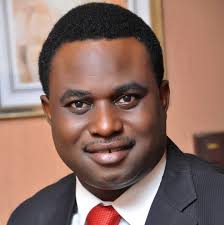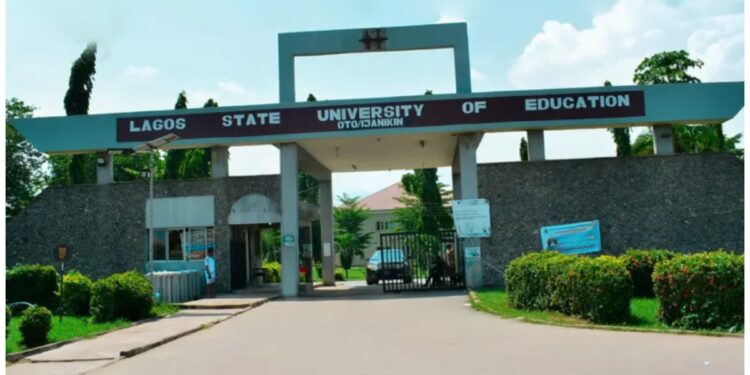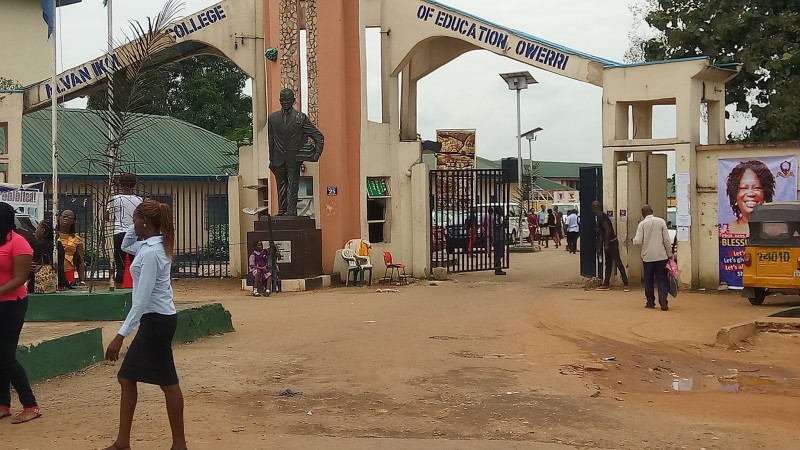Private School Fees: Stakeholders share contrasting views


ABUJA (Sundiata Scholar) – Stakeholders in Nigeria’s education sector have weighed in on the issue of exorbitant private school fees.
While some attribute the high fees to rising costs, others blame school owners for prioritising profits over teachers’ welfare.
Some parents like Mrs Anita Patrick and Steven Apata, who spoke in Abuja, argued that the recent economic downturn had not been matched by corresponding increases in teachers’ salaries.
According to Patrick, teachers are paid as low as N50,000 in spite of holding graduate and master’s degrees.
“I want to express that as parents, we’re exhausted from constantly complaining about the relentless fee increases in private schools. It’s draining.
“Even if we pay these fees, have you ever wondered what teachers, who impart knowledge to our children, are paid?
“For instance, in Abuja’s Central Area, some teachers receive as little as N50,000. Many of these teachers commute from neighbouring states like Masaka and Suleja, incurring almost N40,000 in transportation costs monthly.
“These teachers are highly qualified, holding graduate and master’s degrees, yet they’re paid meager salaries while parents pay around N500,000 per child per term.
“I’ve had to assist some teachers with transportation costs on multiple occasions because if they complain to the school, they risk being sacked. Given Nigeria’s high unemployment rate, schools can easily replace them.”
Patrick emphasised that teachers in Nigeria lacked a strong voice, leaving them with little choice but to accept the salaries offered to them.
Apata also acknowledged that private schools were established to generate profits. However, he urged school owners to treat teachers with dignity and fairness.
He expressed concern about the shameful condition of some teachers, who struggle to make ends meet due to meager salaries.
“While private schools are undoubtedly established to make a profit, it is essential that they prioritise paying teachers a decent wage.
“If teachers are not well-compensated, how can they be expected to provide their best for the students? This is why we often produce graduates who are not employable,”Apata said.
On the other hand, Dr Olubukola Dosunmu, Former President of the National Association of Proprietors of Private Schools (NAPPS), defended private schools, stating that 40-45 per cent of running costs go to salaries.
According to her, private schools offer teachers various incentives, including pension, house insurance, regular professional development training, and scholarships for staff children, and accommodation.
“For instance, a school collects N100 million in fees and pays N20 million in salaries, it’s reasonable to question how the remaining N80 million is utilized.
“Private schools face significant challenges, including reliance on diesel generators due to inadequate power supply, which is exacerbated by the high cost of solar energy.
“Comparing the running costs of hotels and private schools can be eye-opening, given the quality of services provided. It’s unfair to criticise private schools without understanding their operational challenges.
“If you consider what we do, you’ll join us in advocating for government support to reduce our costs.
“If public schools were of comparable quality, parents wouldn’t feel compelled to enrol their children in private schools.”
She said the government ought to provide an enabling environment for private schools, leading to increased tuition fees.
Dosunmu advocated for government support, incentives, and standard public schools to alleviate the burden on private schools. (NAN)









